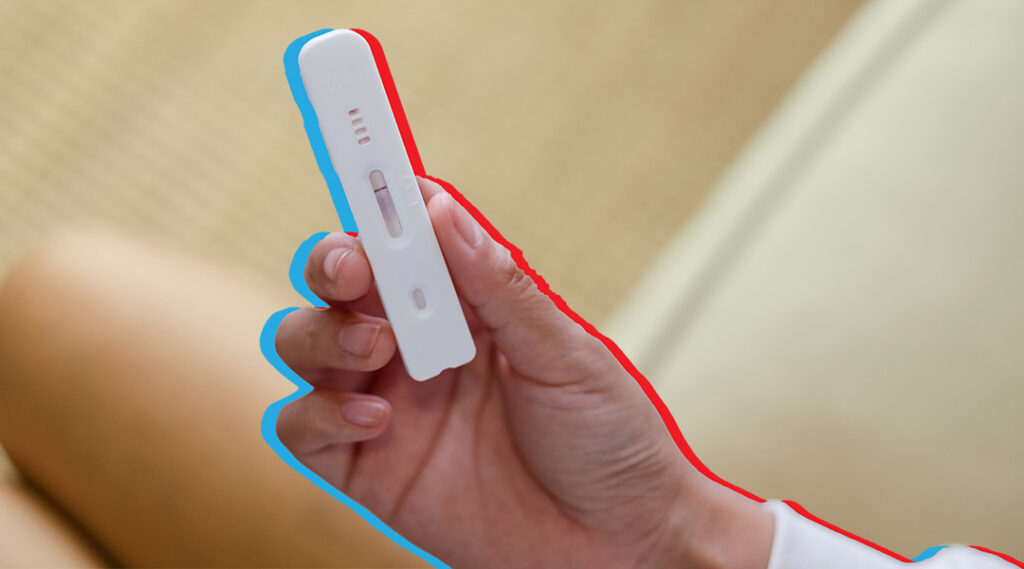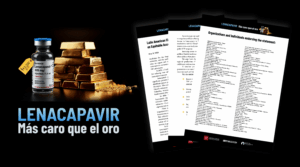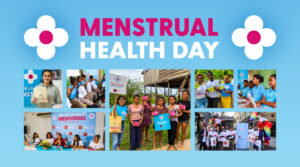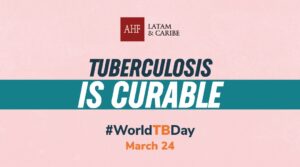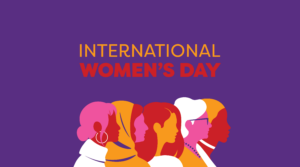The World Health Organization (WHO) has released new guidelines on HIV, highlighting the importance of expanding access to testing to get people living with the virus to undetectable levels.
At the 12th International AIDS Society (IAS) Conference on HIV Science, which began on July 23 and ran for four days, WHO presented guidelines outlining HIV viral load thresholds (the amount of virus per milliliter of blood) and approaches to measuring virus levels relative to these thresholds.
A call to expand screening
The WHO also issued new recommendations on HIV testing, calling on countries to expand the use of self-tests and promote testing through sexual and social networks to increase testing coverage. He also urged the adoption of HIV prevention and treatment services in high-burden settings of the epidemic and in regions with the greatest gaps in testing coverage.
According to the agency itself, the recommendation comes at a crucial time, where self-care and self-testing are being increasingly recognized as ways to increase access, efficiency, effectiveness, and acceptability of medical care for various health problems, including HIV.
Treatment is critical
It is now known that people living with HIV who achieve an undetectable level of the virus through the use of antiretroviral treatment cannot transmit HIV to their sexual partners and have a low risk of transmitting HIV to their children during pregnancy, the agency said in a press release.
Scientific evidence has also shown that there is almost zero risk of transmitting HIV when a person has an HIV viral load of 1,000 copies per mL or less, also known as suppressed viral load.
Antiretroviral treatment continues to transform the lives of people living with HIV. Those people who are diagnosed and treated early, and who take their medications in a timely manner, can expect to have the same health and life expectancy as those without HIV.
At the scientific event, which was held in Brisbane, Australia, the WHO also presented some advances on knowledge of HIV and its interaction with other health conditions.
HIV and mpox
An analysis of surveillance data reported to WHO during the mpox outbreak in several countries identified that among more than 82,000 cases of mpox, around 32,000 had information on the HIV status of the people. Of these, 52% were living with HIV, most of them men who have sex with men, and more than 80% reported that sex was the most likely route of mpox transmission
Among the 16,000 people diagnosed with mpox (formerly called Monkeypox) and living with HIV, approximately 25% had advanced HIV disease, increasing the risk of hospitalization and death. People with HIV who were receiving antiretroviral treatment and had good immune system function had hospitalization and death outcomes similar to those of people without HIV.
Based on these findings, WHO recommends that countries integrate mpox detection, prevention, and care with existing programs for the prevention and control of HIV and other sexually transmitted infections.
HIV and COVID-19
An updated analysis of the WHO global clinical platform for COVID-19 up to May 2023 revealed a persistent risk of death in people living with HIV who were hospitalized for COVID-19 in the waves of pre-Delta, Delta and Omicron variants, with an overall hospital mortality rate of 20% to 24%.
For people without HIV, the risk of death decreased during the wave of the Omicron variant by 53%-55% compared to the pre-Delta and Delta waves; but for people living with HIV, the decrease in mortality during the Omicron variant period compared with the other waves was small (16%-19%). This difference resulted in a 142-fold increased risk of death in people living with HIV compared to people without HIV during the Omicron variant period.
Risk factors for hospital death that were common across all waves of pandemic variants were a low CD4 defense cell count (less than 200 cells/mm3 of blood) and severe COVID-19 illness at hospital admission.
These data show that “we need to make sure that we integrate HIV considerations into pandemic preparedness and response,” said Dr. Meg Doherty, director of WHO’s Global Program on HIV, Hepatitis and Sexually Transmitted Infections. “Protecting people living with HIV from future pandemics is vital and reinforces the need to ensure access to HIV testing and treatment and preventative vaccines for mpox and COVID-19 to save lives.”
Remember that at AHF Latin America we carry out free HIV tests, you just have to locate our offices and make an appointment by Whatsapp or by phone, we are in 11 countries in the region.

